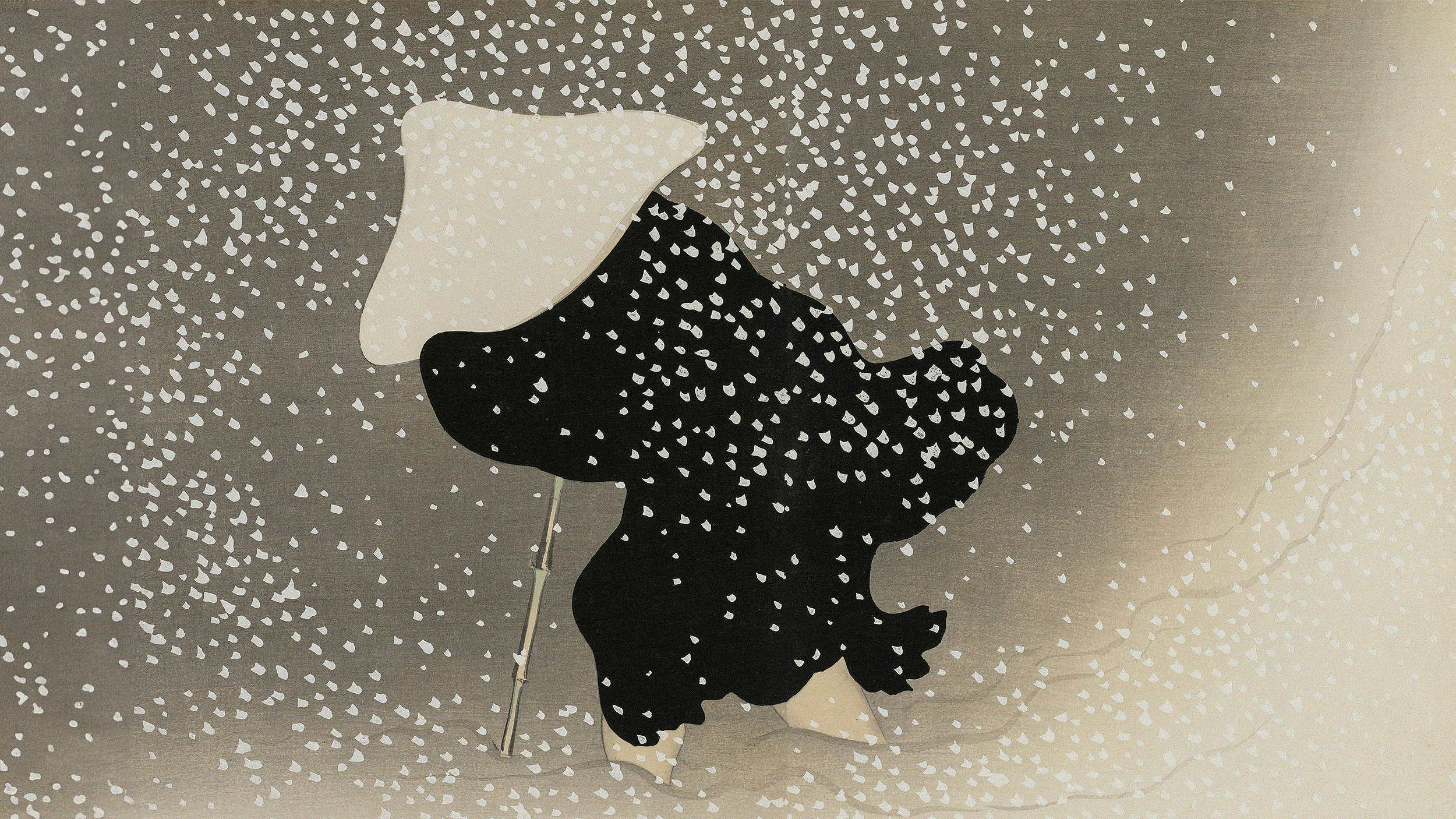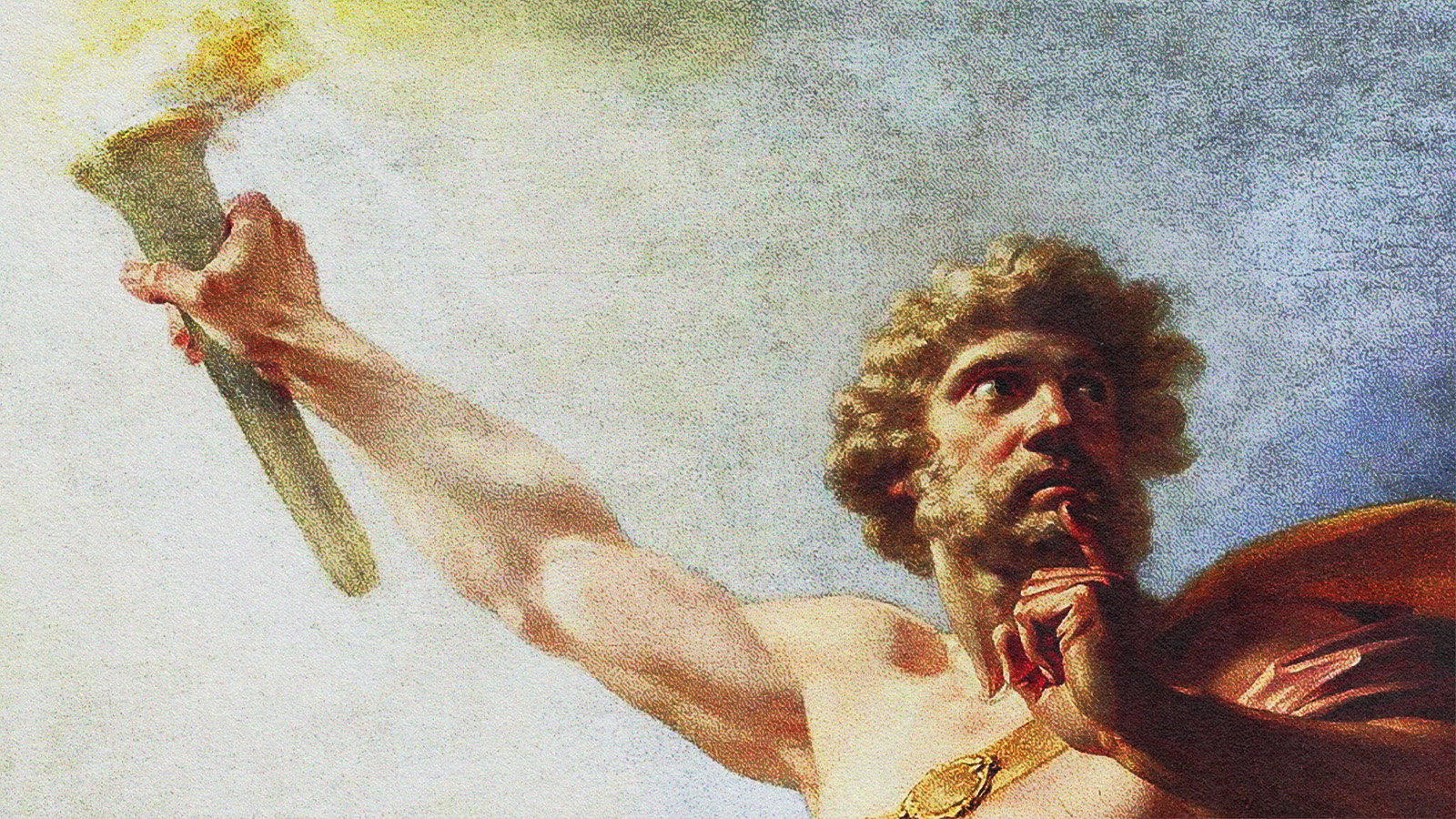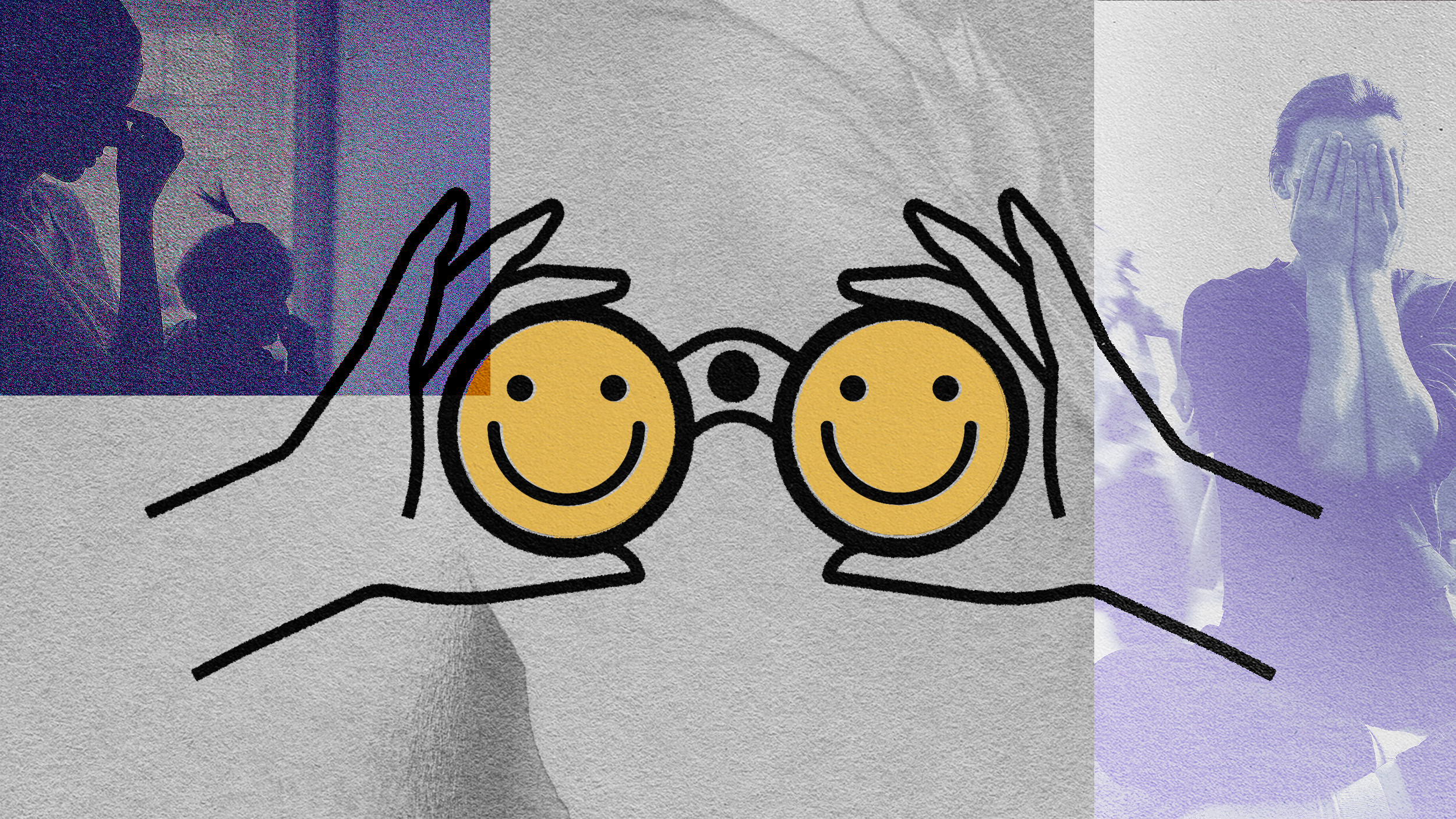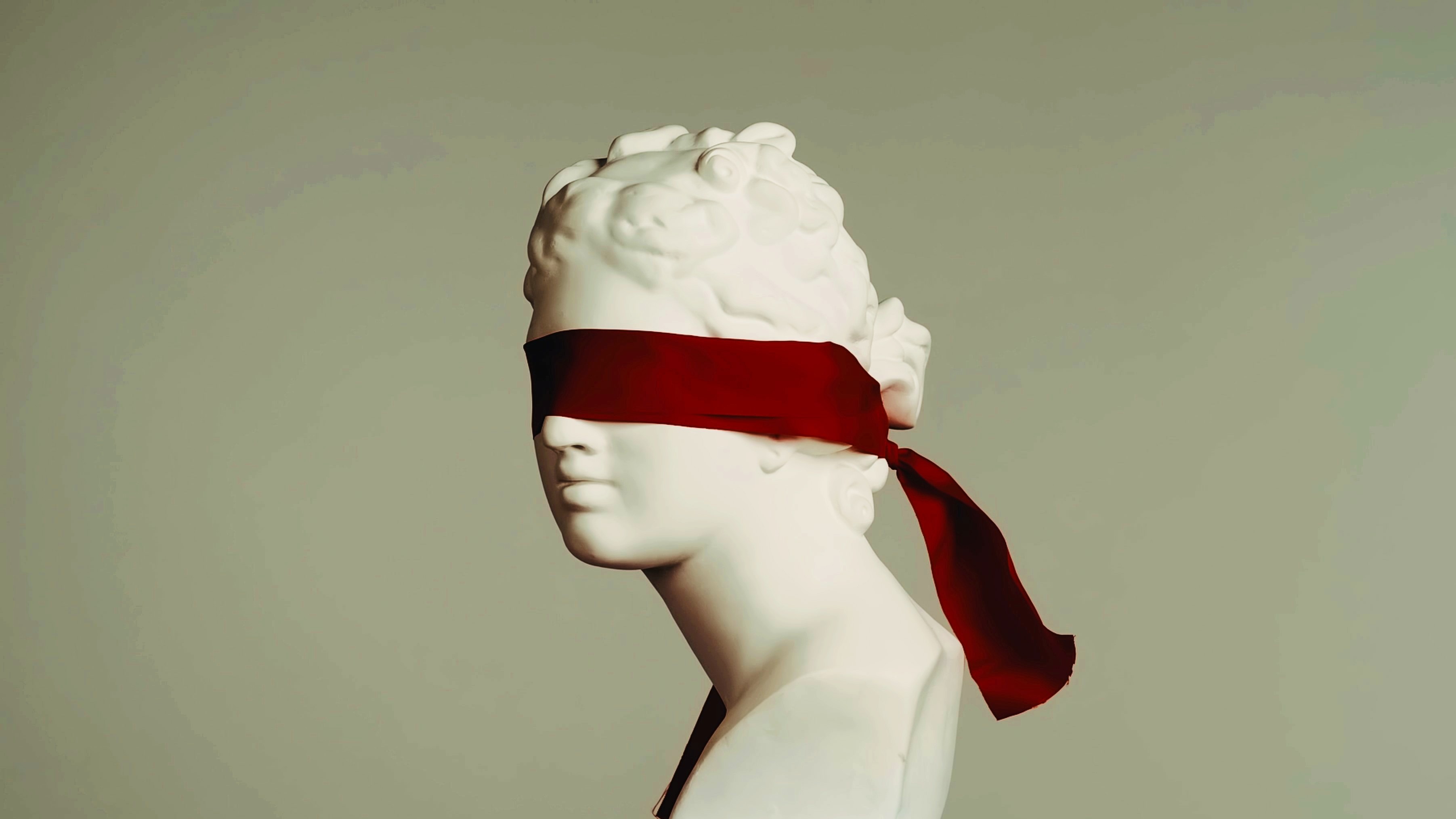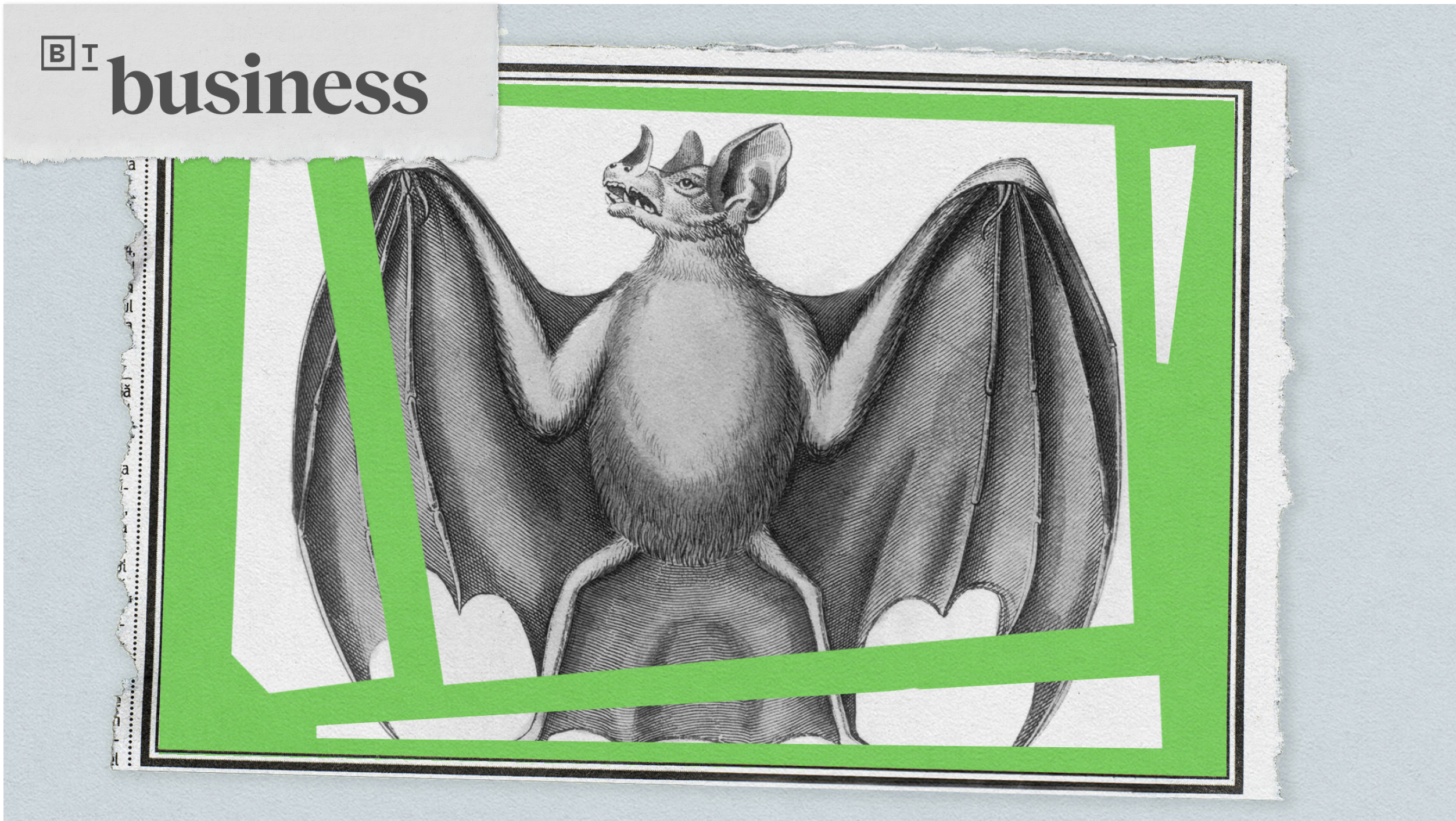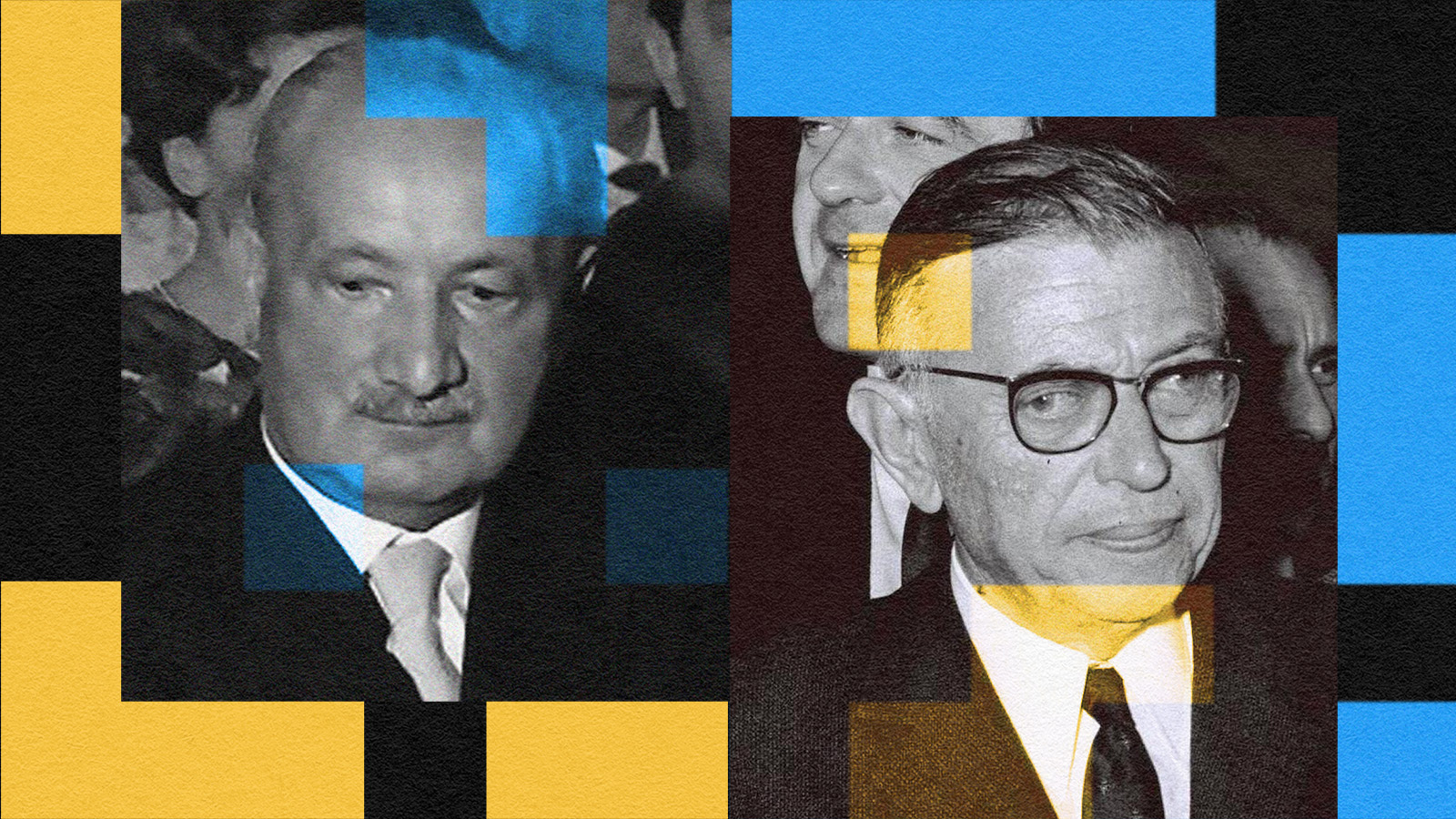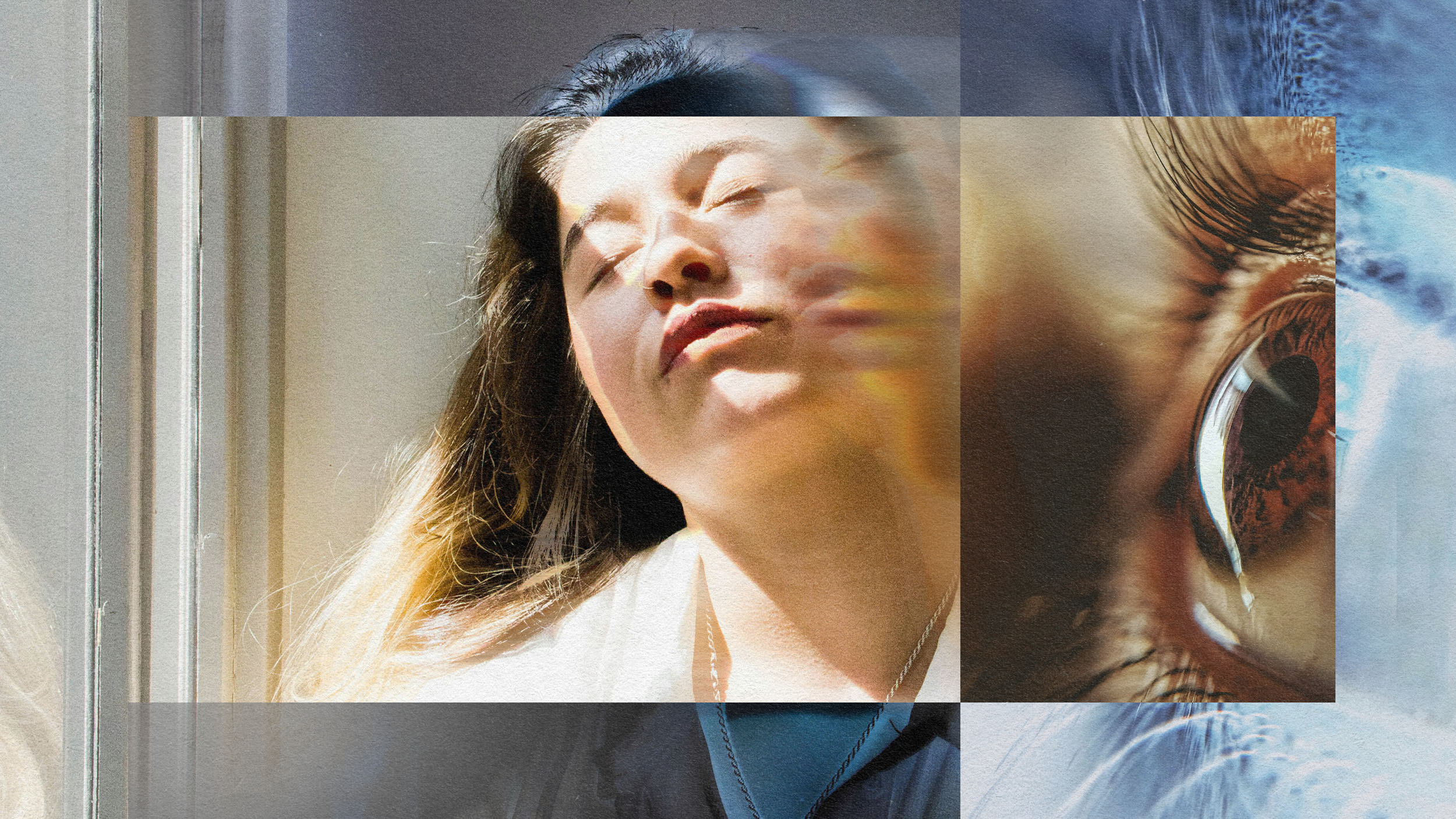philosophy
Nicole has been dating someone for a while but it’s not working out from her point of view. Is sudden radio silence an ethical option?
Rich is brilliant at his job. He completes work in half the time of his coworkers. Should he have to sit at his desk just as long?
When is a rabbit not a rabbit? When it’s a thought experiment designed to reveal the tricky tango of language and concepts.
Japanese thought can’t be easily characterized by just a few books — but this essential guide is a great place to start.
“Hardcore History” host Dan Carlin recently spoke with Big Think about the history of humanity’s drive to create — and whether or not we can control it.
Step back from the AI maelstrom and explore Lem’s “Summa Technologiae” for a detached look at technology’s role in human evolution.
Autocrats like Xi Jinping and Vladimir Putin fear democracy, yet go to great lengths to present themselves as democratic leaders.
Joseph Campbell argued that nearly every myth can be boiled down to a hero’s journey. Was he right?
In logic, ‘reductio ad absurdum’ shows how flawed arguments fall apart. Our absurd Universe, however, often defies our intuitive reasoning.
Or are cults the religions we find distasteful?
How would you feel about working like a Lutheran or a Cistercian?
Happiness is not a five-star holiday. It’s often the result of struggle — and asking for help, as author Stephanie Harrison recently told Big Think.
Philosophy isn’t stuck in the past. Here are five texts to connect you with its ongoing dialogue.
Neuroscientist Tali Sharot recently spoke with Big Think about a two-step method for escaping the dark sides of habits.
Here’s the case for why science can’t keep ignoring human experience.
At work we’re often asked to be decisive — but how can we make an informed choice without complete information?
Big Think spoke with historian Marc-William Palen about the egalitarian aims of the free-trade movement in past centuries.
Bertrand Russell shows us how to recognize emotional arguments smuggled into presumed statements of fact.
It’s time for an honest conversation.
We were not born to stagnate — the point of life (and work) is to go somewhere.
If the daily grind feels like Sartre’s phony act of “bad faith,” Heidegger’s sense of “being” can help redefine your role.
Cognitive psychologist and poet Keith Holyoak explores whether artificial intelligence could ever achieve poetic authenticity.
Big Think recently spoke with sleep psychologist Dr. Jade Wu about the surprising consequences of forgoing sleep.
Ways to move forward when you’re wrong and I’m right.
Millennia ago, philosophers like Anaximander grasped that nature is the ultimate recycler.
The most celebrated genius in human history didn’t just revolutionize physics, but taught many valuable lessons about living a better life.
Like many of us, the Roman emperor Marcus Aurelius hated waking up early, but his stoic philosophy always helped him get out of bed.
Millions of people have had a near-death experience, and it often leads them to believe in an afterlife. Does this count as good proof?



